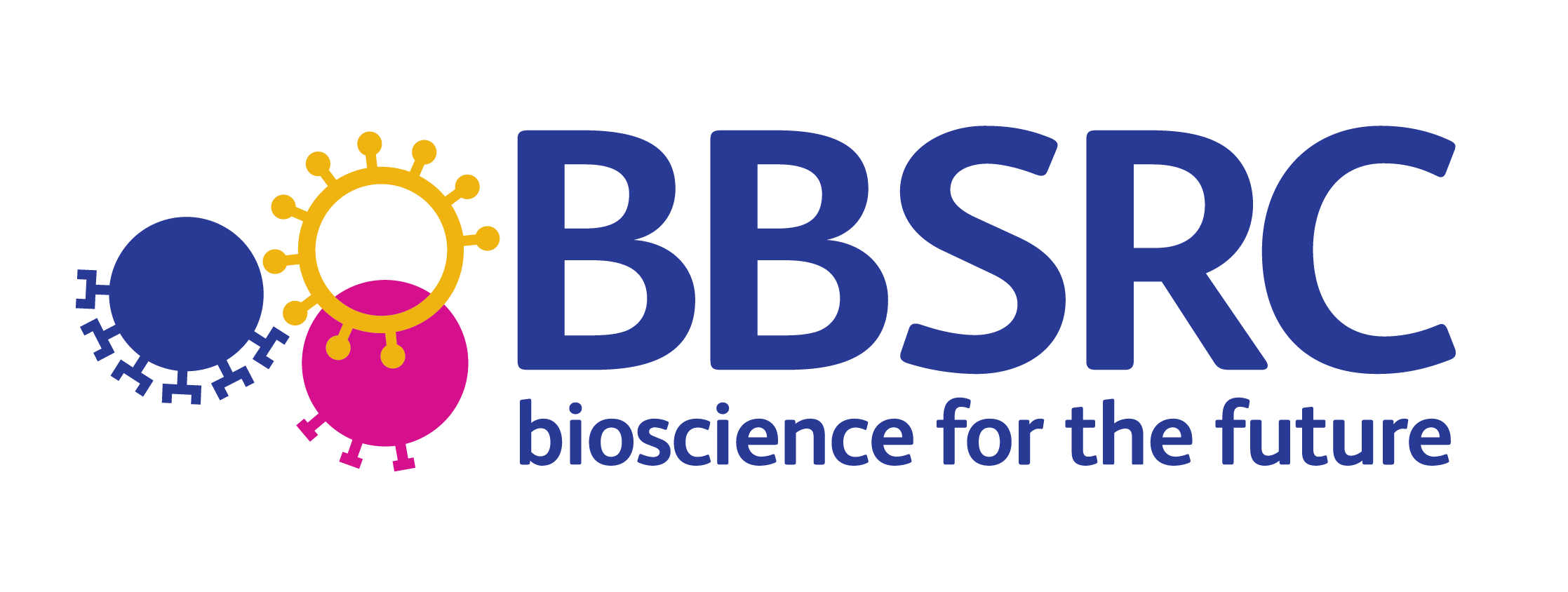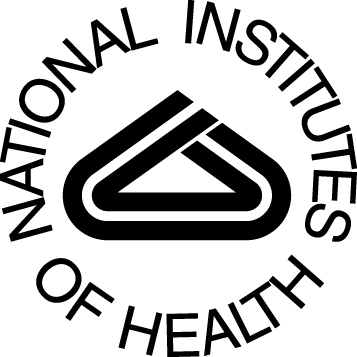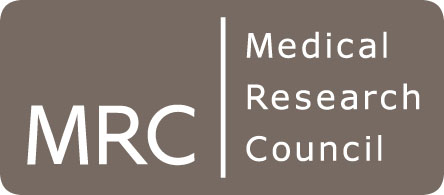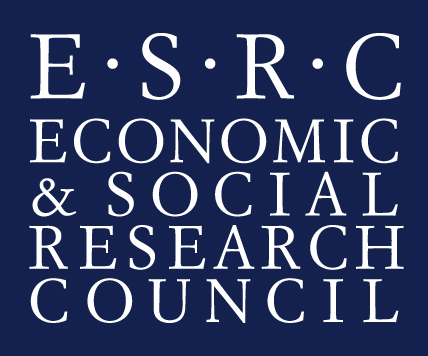Work on Mental Health
Introduction
Over recent years, there has been an increased focus on how advances in NLP can be used to aid mental health research. In our work, we predominantly focus on work in the areas of depression, suicide note and suicide ideation detection, using deep learning and knowledge-based approaches.
Projects
Automating Mental Health Interventions for Long COVID funded by the Institute for Data Science & Artificial Intelligence (IDSAI) and the Alan Turing Institute
Building a Mental Health Knowledge Graph funded by the Institute for Data Science & Artificial Intelligence (IDSAI) and the Alan Turing Institute
News
ICML 2021 Workshop on Computational Approaches to Mental Health - 24th July 2021
NacTeM PhD students Jake Vasilakes and Tianlin Zhang are co-organisers of the ICML 2021 Workshop on Computational Approaches to Mental Health. The workshop aims to bring together clinicians, behavioural scientists and machine learning researchers working in various facets of mental health and care provision, to identify key opportunities and challenges in developing solutions for this domain, and discuss the progress made.
Participation in shared task: e-Risk 2021: Early risk prediction on the Internet
NacTeM members Hassan Alhuzali, Tianlin Zhang and Sophia Ananiadou are participating in CLEF e-risk Task 3, focused on detecting early sign of depression in Reddit data. The growing interest in building effective approaches to this problem has been motivated by the proliferation of social media data, which have made it possible for people to communicate and share opinions on a variety of topics. Our approach is based on pre-trained models plus a standard machine learning algorithm. We specifically use the pre-trained models to extract features for all users' posts and then feed them into a random forest classifier, achieving an average hit rate of 32.86%. With this performance, the system developed at NaCTeM is ranked amonst the 5 top-performing systems that wee submitted to the shared task. The workshop associated with the shared task will take place in Bucharest, from 21-24 September 2021.
Related Publications
Alhuzali, H., Zhang. T. and Ananiadou, S. (2021). Predicting Sign of Depression via Using Frozen Pre-trained Models and Random Forest Classifier. In CLEF (Working Notes).
Alhuzali, H., and Ananiadou, S. (2021). SpanEmo: Casting Multi-label Emotion Classification as Span-prediction. In Proceedings of the 16th Conference of the European Chapter of the Association for Computational Linguistics: Main Volume (pp. 1573-1584).
Schoene, A.M., Turner, A., De Mel, G.R. and Dethlefs, N. (2021). Hierarchical Multiscale Recurrent Neural Networks for Detecting Suicide Notes. IEEE Transactions on Affective Computing.
Alhuzali, H., and Ananiadou, S. (2019). Improving classification of adverse drug reactions through using sentiment analysis and transfer learning. In Proceedings of the 18th BioNLP Workshop and Shared Task (pp. 339-347).
Schoene, A.M., Lacey, G., Turner, A.P. and Dethlefs, N. (2019) Dilated LSTM with attention for classification of suicide notes. In Proceedings of the Tenth International Workshop on Health Text Mining and Information Analysis (LOUHI 2019) (pp. 136-145).
Korkontzelos, I., Nikfarjam, A., Shardlow, M., Sarker, A., Ananiadou, S. and Gonzalez, G. (2016). Analysis of the effect of sentiment analysis on extracting adverse drug reactions from tweets and forum posts. Journal of Biomedical Informatics, 62(148-158)
Schoene, A.M. and Dethlefs, N. (2016) Automatic identification of suicide notes from linguistic and sentiment features. In Proceedings of the 10th SIGHUM Workshop on Language Technology for Cultural Heritage, Social Sciences, and Humanities (pp. 128-133).
People
NacTeM members working on mental health:
Sophia Ananiadou, Jake Vasilakes, Tianlin Zhang
Featured News
- AI for Research: How Can AI Disrupt the Research Process?
- ELLIS Workshop on Misinformation Detection - Presentation slides now available
- 1st Workshop on Misinformation Detection in the Era of LLMs (MisD)- 23rd June 2025
- Prof. Sophia Ananiadou accepted as an ELLIS fellow
- Invited talk at the 15th Marbach Castle Drug-Drug Interaction Workshop
- BioNLP 2025 and Shared Tasks accepted for co-location at ACL 2025
- Prof. Junichi Tsujii honoured as Person of Cultural Merit in Japan
- Participation in panel at Cyber Greece 2024 Conference, Athens
- New Named Entity Corpus for Occupational Substance Exposure Assessment
Other News & Events
- CL4Health @ NAACL 2025 - Extended submission deadline - 04/02/2025
- Shared Task on Financial Misinformation Detection at FinNLP-FNP-LLMFinLegal
- FinNLP-FNP-LLMFinLegal @ COLING-2025 - Call for papers
- Keynote talk at Manchester Law and Technology Conference
- Keynote talk at ACM Summer School on Data Science, Athens








